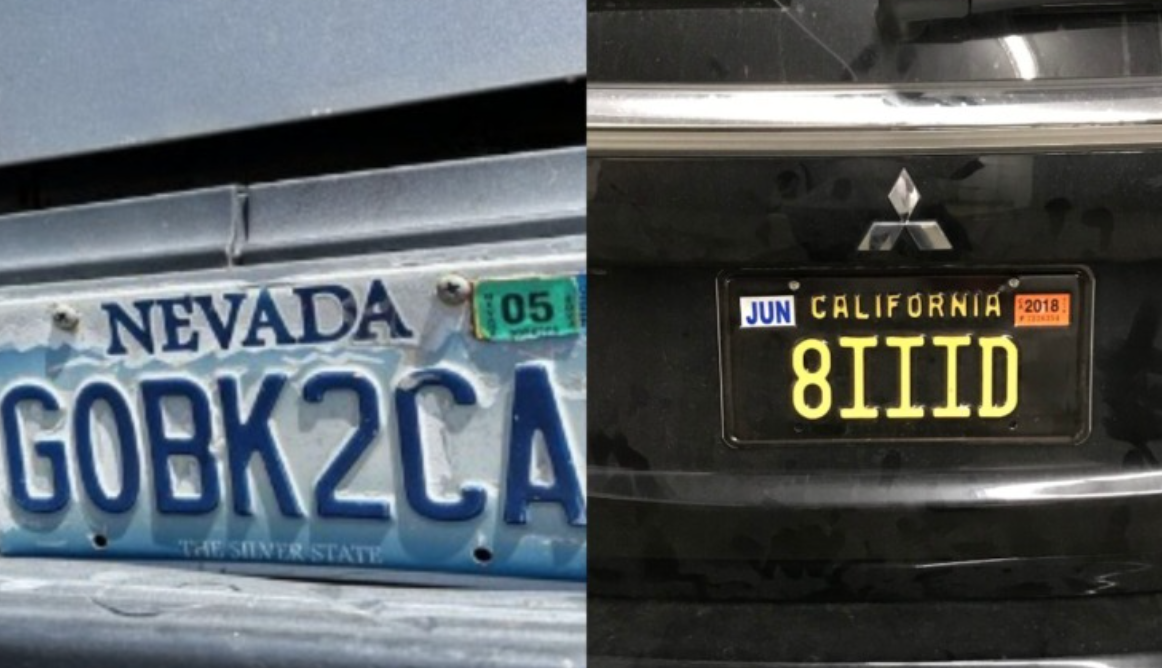Nevada’s Controversial License Plate Triggers Debate and Recall
A Nevada license plate with the message “Go Back to California” recently sparked widespread online attention, igniting a debate that quickly escalated across social media platforms. Initially intended as a humorous jab, the plate quickly became a symbol of the growing tensions between long-time Nevada residents and the influx of Californians moving to the state. While some individuals saw the plate as a playful expression of frustration with newcomers, others considered it offensive and unwelcoming. The incident led to the Nevada Department of Motor Vehicles (DMV) stepping in, recalling the plate and citing that it violated state guidelines designed to prevent divisive or offensive content.
This controversy sheds light on the larger issue of migration and regional identity. As the cost of housing in California continues to rise, many residents have relocated to neighboring states like Nevada in search of more affordable living options. This has resulted in significant demographic changes and, in some cases, tension between the newcomers and locals who feel their communities are changing rapidly. For some Nevadans, the license plate reflected these frustrations, serving as a cheeky way to voice discontent with the increasing population of transplants.
However, not everyone found the plate’s message to be humorous. Critics argued that the message contributed to a sense of exclusion and hostility, especially given the increasingly polarized political and cultural climate in the United States. The DMV’s decision to recall the plate was met with mixed reactions. While some applauded the move as a necessary step toward fostering a more inclusive environment, others believed it was an overreaction to what they viewed as a harmless joke.
The incident also highlights the significant role social media plays in amplifying moments of cultural conflict. What began as a simple license plate quickly evolved into a national conversation, with many people weighing in on the appropriateness of the message and its implications for local communities. The viral nature of the story also sparked conversations about the influence of digital platforms in shaping public discourse, demonstrating how small events can quickly capture the attention of the broader public.
Although the “Go Back to California” plate is no longer in circulation, its impact lingers. The episode has become a flashpoint for broader discussions about migration, state pride, and the cultural shifts that accompany population changes. It also serves as a reminder of how easily a seemingly trivial incident can evolve into a heated debate in the digital age.
In the end, the story of the Nevada license plate is more than just about one controversial message. It is a reflection of the challenges that many states are grappling with as they navigate the complexities of changing demographics, regional identity, and the evolving dynamics between locals and newcomers. Whether viewed as a lighthearted joke or an offensive statement, the plate has become a symbol of ongoing debates surrounding migration, cultural integration, and the power of social media to shape public conversations.
